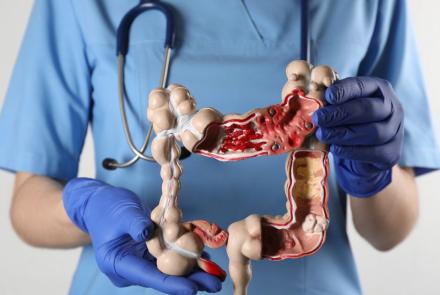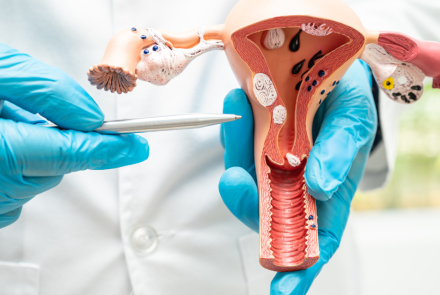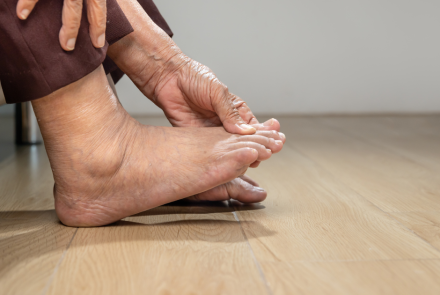Doctors at Highland Surgical Associates and Montefiore Nyack Hospital have begun using a new approach to colorectal surgery to decrease patients’ pain after surgery, length of stay in the hospital, reduce complications, and shorten their recovery. Called Enhanced Recovery After Surgery (ERAS), the strategy includes a series of steps before, during, and after colorectal surgery for cancer or benign diseases. Typically, patients treated with ERAS go home in three days, compared with seven days in the past.
“ERAS not only shortens hospital stays, but it reduces the need for opioid painkillers,” said Dr. Lee Fleischer, MD, FACS, a surgeon with Highland Medical, P.C., Highland Surgical Associates, and Director of the Department of Surgery at Montefiore Nyack Hospital. “It achieves these goals without decreasing the effectiveness of the surgery or cure rates.” He notes that Montefiore Nyack Hospital is the only hospital in Rockland County to use the ERAS protocol for colorectal surgery.
The first steps in ERAS start before surgery—exercising and quitting smoking. “We encourage patients to stop smoking immediately, to give the body as much time as possible to start to repair itself before surgery,” Dr. Fleischer said. Inactive patients are told to start exercising to become more physically fit before the procedure.
The day before surgery, the patient does a “bowel prep”—a familiar routine to anyone who has had a colonoscopy. It usually includes a liquid diet and various preparations to cleanse your bowels. Patients also take oral antibiotic pills.
Four hours before surgery, the patient drinks a high-carbohydrate eight-ounce liquid drink to improve their nutritional status right before surgery. “In the past, patients were told not to eat or drink anything after midnight the night before surgery,” Dr. Fleischer said. “With ERAS, the patient doesn’t have to starve before surgery.”
Before surgery starts, the anesthesiologist will use a Transversus Abdominis Plane (TAP) block to numb the abdominal wall for three to four days. This type of anesthesia decreases the need for opioid painkillers after surgery, and reduces the risk of a complication of colon surgery known as ileus—a lack of movement of the intestines that leads to a buildup and potential dangerous blockage of food material. “Previously, we didn’t use TAP blocks, so pain control wasn’t as good. Patients took more opioid painkillers, resulting in a higher risk of ileus,” Dr. Fleischer said.
The surgical procedure is done using minimally invasive surgery, which also reduces recovery time. After surgery, patients spend time in the recovery room, and then are encouraged to walk, or at least sit in a chair the rest of the day. The day after surgery, they are given blood thinners to prevent blood clots, and are told to walk around the hallways. They start a liquid diet. If they can tolerate liquids, the next day they will move to a regular diet, and on the third day they will go home.
“In the past, patients didn’t start moving and eating until much later, which delayed the start of their recovery,” Dr. Fleischer said. “Now that patients start walking and eating sooner, they heal better and go home faster.”






